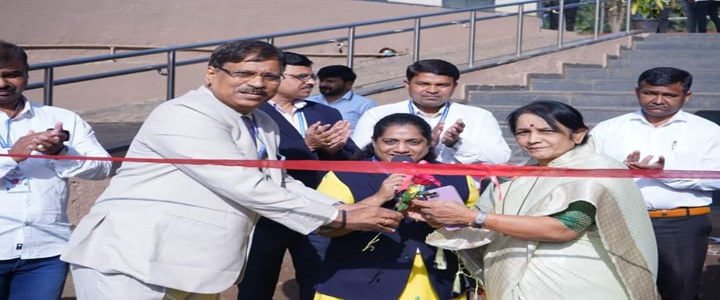CODE OF CONDUCT FOR TEACHERS
In teachers professional practice, teachers demonstrate respect for spiritual and cultural values, diversity, social justice, freedom democracy and the environment. Teachers exercise integrity, through their professional commitments, responsibilities and actions.
It is universally felt that the status of teaching professions requires to be raised to ensure its dignity & integrity. Accordingly, it is considered necessary that there should be a code of ethics which may be evolved by the teaching community itself for its guidance. There are five major areas of professional activities which encompass the work of a teacher. For each of these areas certain principles have been identified to serve as guidelines for teacher’s conduct. These are preceded by a preamble which provides a rationale for the principles identified.
- Recognizing that every child has fundamental right to receive education of good quality.
- Recognizing that education should be directed to all round development of human personality.
- Realizing the need for developing faith in the guiding principles of our policy viz. Democracy, social justice and secularism
- Recognizing the need to promote through education, our rich culture heritage, national consciousness, international understanding and world peace
- Recognizing that teacher’s being part and parcel of the social milieu, share the needs and aspirations of the people.
- Recognizing the need to organize teaching as a profession for which expert knowledge, specialized skills and dedication are pre-requisites; - realizing that the community respect and support for the teaching community are dependent on the quality of teaching and teacher’s proper attitudes towards teaching profession.
- Realizing the need for self – direction and self discipline among the members of the teaching community.
- The teacher shall strive to develop the educational as a community and human resource development centre providing knowledge and information and development skill needed.
- Strive to understand social problem and take part in activities to meet challenges.
- Retrain from taking part in activities which spread feeling hatred among different communities, religious groups.
- Work actively to strengthen national integration.
- Teacher shall treat other members of the profession in the proper manner.
- Participate in program of professional growth like training, seminars, and conferences etc.
- Teacher in relation management shall recognize the management prime source of his sustainable development
- Teacher shall develop mutual respect and trust through his professional activities and output.
- actively maintaining their professional knowledge and understanding to ensure it is current
- reflecting on and critically evaluating their professional practice, in light of their professional knowledge base
- availing of opportunities for career-long professional development.
Preamble
The teacher shall always be punctual in attending duties.
Always teach curriculum after making thorough preparation of the lesson to be taught
Treat all students with love and affection and be just and impartial to all irrespective of caste, creed, sex, status, religion, language and place of birth
Guide the students in their physical, social, intellectual, emotional, moral and spiritual development
Take notice of the individual needs and differences among students in their socio-cultural background and adapt his/ her teaching accordingly
Refrain from accepting remuneration for coaching or tutoring his/her own students except for remedial teaching under an approved scheme
Refrain from divulging confidential information ablaut students.
Set a standard of dress, speech and behavior.
Teachers shall seek to establish cordial relations with parents/guardian
Provide information regularly to parents regarding attainment and shortfalls of wards
Teacher in relation to society and the nation
Professional values and relationship.
i) Teachers should be caring, fair, committed to the best interest of the students and try to motivate, inspire students.
ii) Teachers should respect the uniqueness, individuality and specific needs of students
iii) Teachers should becommitted to equality and to respecting and accommodating diversity arising from gender, civil status, family status, religion, age, disability, race, socioeconomic status and further grounds.
iv) Teachers should seek to develop positive relationships with students, colleagues, parents, college management and others.
v) Teachers should work to establish and maintain a culture of mutual trust and respect in the campus.
Professional Integrity
i) Teacher should act with honesty and integrity in all aspects of their work.
ii) Teacher should respect the privacy of others and the confidentiality of information gained in the course of professional practice.
iii) Teacher should represent themselves, their professional status, qualifications and experience honestly.
iv) Teacher should use their names as set out in the Register of Teachers, in the course of their professional duties
v) Teacher should avoid conflict between their professional work and private interests which could reasonably be deemed to impact negatively on students.
Professional Conduct
i) Teachers shoulduphold the reputation and standing of the profession.
ii) Teachers should take all reasonable steps in relation to the care of students under their supervision, so as to ensure their safety and welfare.
iii) Teachers should work within the framework of relevant legislation and regulations.
iv) Teachers should comply with agreed national and institutional policies, procedures and guidelines which aim to promote student education and welfare and child protection.
v) Teachers should report, where appropriate, incidents or matters which impact on student welfare.
vi) Teachers should communicate effectively with students, colleagues, parents, management and others in the community in a manner that is professional, collaborative and supportive, and based on trust and respect.
vii) Teachers should ensure that any communication with students, colleagues, parents, management and others is appropriate, including communication via electronic media, such as e-mail, texting and social networking sites.
viii) Teachers should ensure that they do not knowingly access, download or otherwise have in their possession while engaged in college activities, inappropriate materials/images in electronic or other format
ix) Teachers should ensure that they do not knowingly access, download or otherwise have in their possession, illicit materials/images in electronic or other format
x) Teachers should ensure that they do not practice while under the influence of any substance which impairs their fitness to teach
Professional Practice
i) Teachers should maintain high standards of practice in relation to student learning, planning, monitoring, assessing, reporting and providing feedback.
ii) Teachers should apply their knowledge and experience in facilitating students’ holistic development.
iii) Teachers should plan and communicate clear, challenging and achievable expectations for students
iv) Teachers should create an environment where students can become active agents in the learning process and develop lifelong learning skills
v) Teachers should develop teaching, learning and assessment strategies that support differentiated learning in a way that respects the dignity of all students.
vi) Teachers should inform their professional judgment and practice by engaging with, and reflecting on, student development, learning theory, pedagogy, curriculum development, ethical practice, educational policy and legislation.
vii) Teachers should in a context of mutual respect, be open and responsive to constructive feedback regarding their practice and, if necessary, seek appropriate support, advice and guidance.
viii) Teachers should act in the best interest of students.
Professional Practice
Teachers should take personal responsibility for sustaining and improving the quality of their professional practice by
Professional Collegiality and Collaboration
Teachers should work with teaching colleagues and student teachers in the interests of sharing, developing and supporting good practice and maintaining the highest quality of educational experiences for students.
Teachers shouldwork in a collaborative manner with students, parents/guardians, school management, other members of staff, relevant professionals and the wider school community, as appropriate, in seeking to effectively meet the needs of students
Teachers shouldco-operate with the Inspectorate of the Department of Education and Skills and other statutory and public non-statutory educational and support services, as appropriate
Teachers shouldengage with the planning, implementation and evaluation of curriculum at classroom and level.

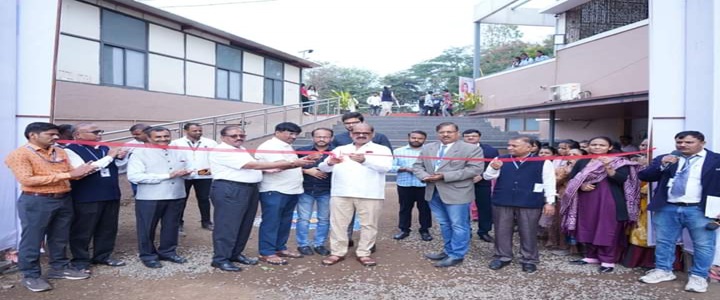

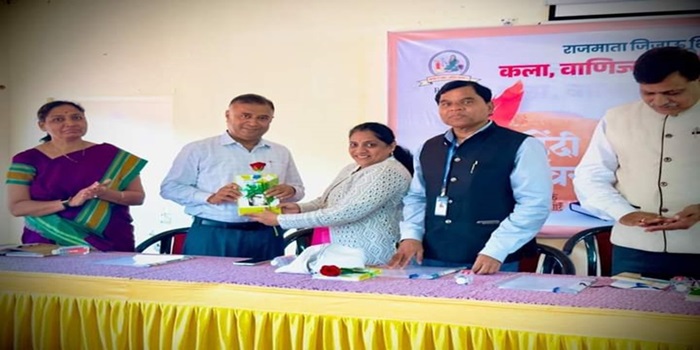


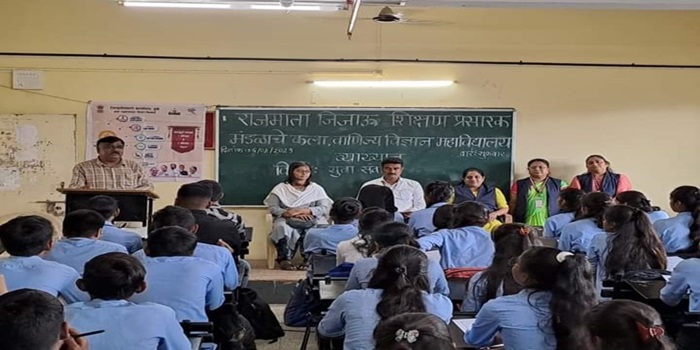











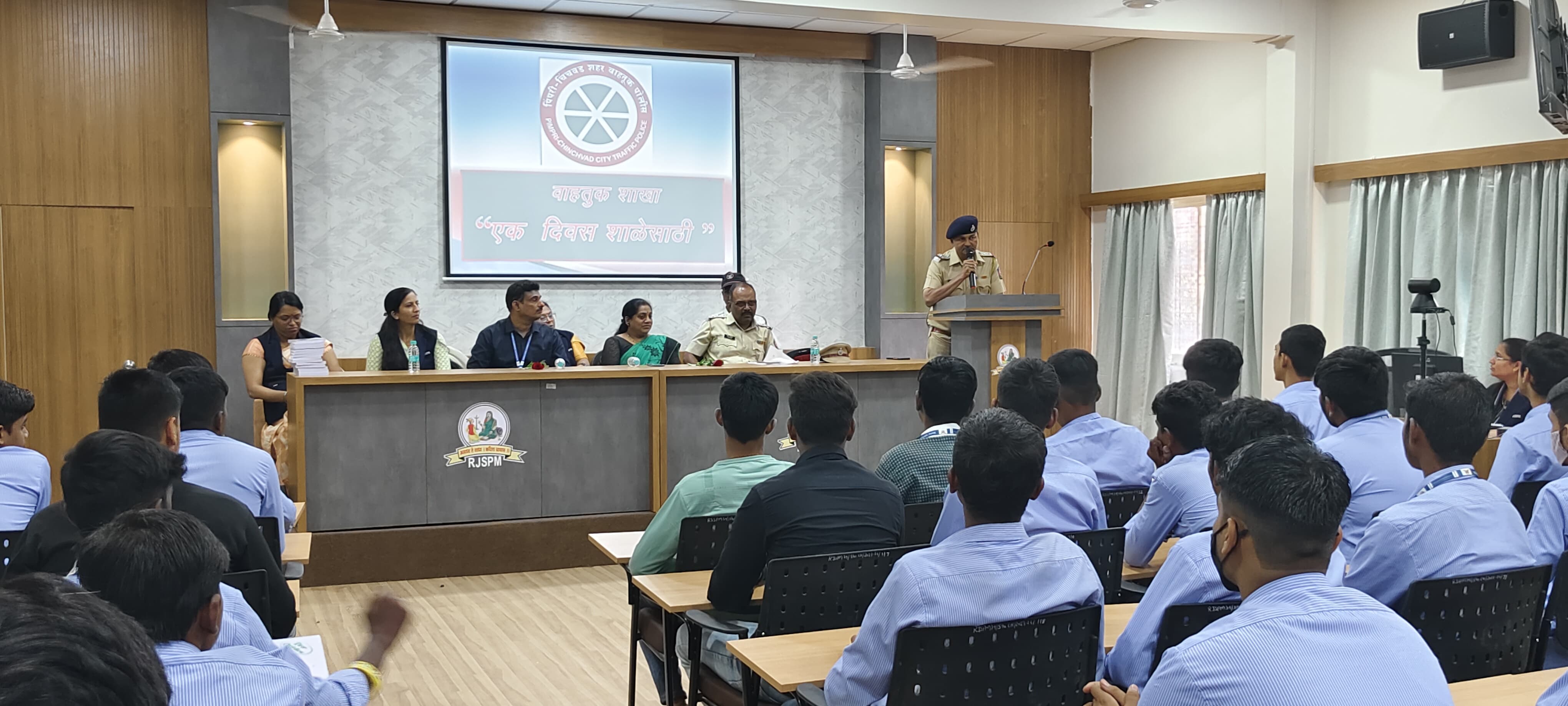
.jpeg)
